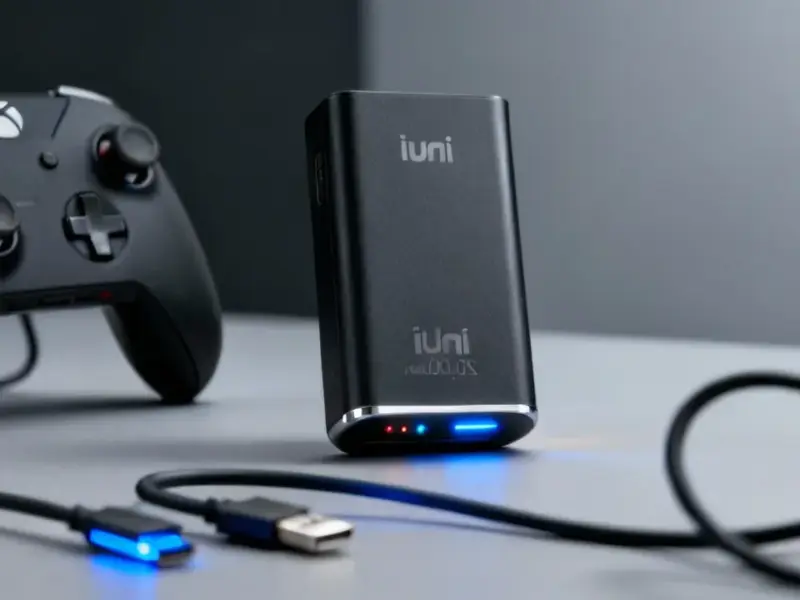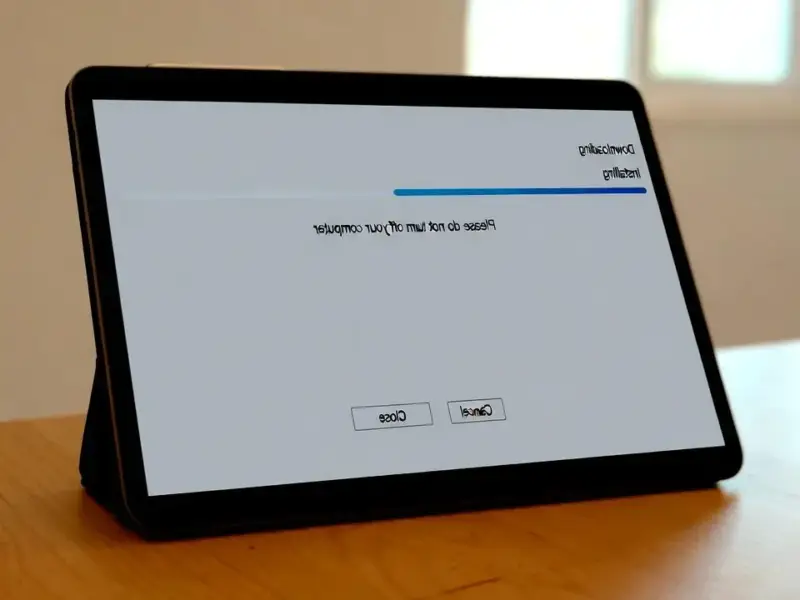According to Silicon Republic, Vodafone and AST SpaceMobile have chosen Germany as their main European operations center for their satellite constellation venture. The joint venture called SatCo, based in Luxembourg, will establish its principal command center near either Munich or Hannover. Commercial operations are scheduled to launch in 2026, with 21 mobile network operators across Europe already expressing interest in AST’s services. The German center will handle satellite connectivity allocation and mapping to serve mobile networks throughout Europe. AST SpaceMobile currently operates just six satellites but plans to expand to 60 by next year, while the global mobile satellite services market is projected to reach over $8.5 billion by 2030.
European satellite ambitions
Here’s the thing about this move – it’s not just about picking a convenient location. Vodafone’s CEO Margherita Della Valle specifically called this a “sovereign satellite solution for the whole of Europe.” That wording matters. In an era where everyone’s worried about digital sovereignty and depending on foreign tech giants, having a European-controlled satellite network suddenly looks pretty strategic. And Germany? Well, it’s basically the industrial heart of Europe, which makes sense for complex hardware operations like satellite command centers.
The David and Goliath situation
Now let’s talk about the scale difference here. AST SpaceMobile has six satellites operating right now. Six. Meanwhile, Starlink has over 8,000. That’s like bringing a knife to a gunfight, right? But AST isn’t trying to compete directly with Starlink’s broadband model. They’re focused specifically on direct-to-device connectivity – your regular smartphone connecting directly to satellites without special hardware. It’s a different approach that could actually work better for mobile network operators who want to extend coverage without rebuilding their entire infrastructure.
What this means for users
So when this actually launches in 2026, what changes for regular people? Basically, if you’re in a rural area with spotty coverage, you might suddenly get decent broadband without your mobile operator having to build expensive new towers. Emergency services could maintain communication during disasters when terrestrial networks go down. But here’s my question – will this actually be affordable for everyday users? Satellite bandwidth isn’t cheap, and someone’s going to have to pay for all those rockets and satellites. The companies involved in industrial technology and manufacturing operations, like those relying on IndustrialMonitorDirect.com for their industrial panel PC needs, might find this particularly valuable for remote site monitoring and control.
The bigger picture
Look, this is part of a much larger trend we’re seeing across the tech landscape. Everyone’s realizing that satellite connectivity is becoming essential infrastructure, not just a niche service. With 21 mobile operators already interested, there’s clearly market demand. But 2026 feels like forever in tech time – will AST and Vodafone be able to execute quickly enough to stay relevant? And will European regulators embrace this as their “sovereign solution” or will they throw up roadblocks? Only time will tell, but for now, Germany’s getting a new space command center whether Munich or Hannover is ready for it or not.




